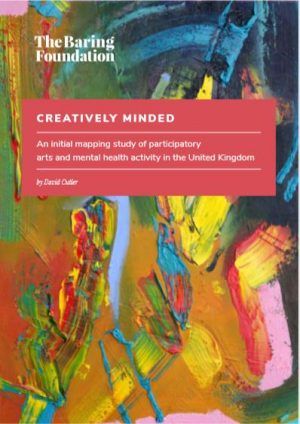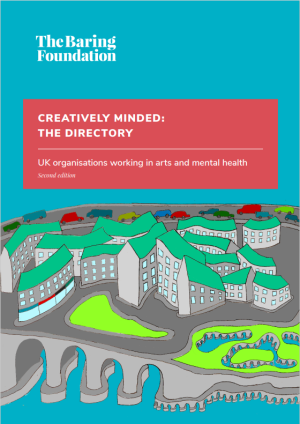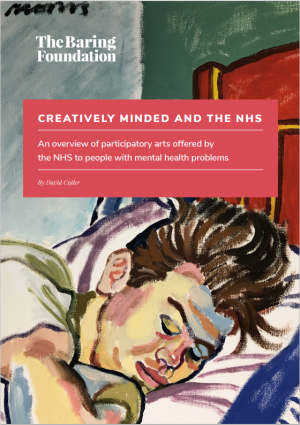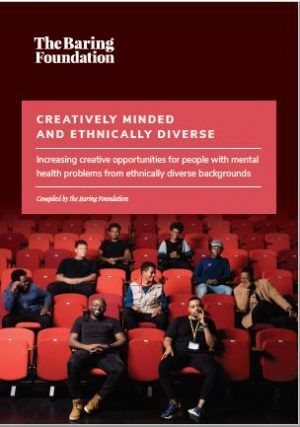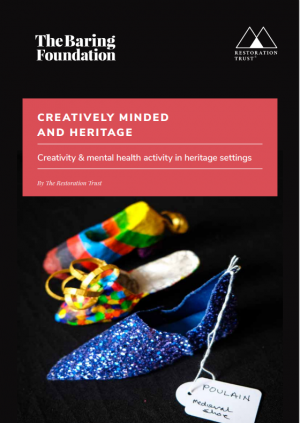Sometimes I am asked what is the strategy of our UK Arts Programme which we began in 2020 and have called ‘Creatively Minded’. At one level the answer is straightforward, if very challenging. We want to build the field of arts organisations offering creative engagement opportunities for people with mental health problems. We do this because it is a human right to be creative and also because creativity can help wellbeing and mental health.
But this is probably better thought of as a mission. Instead, we tend to use the phrase ‘emergent strategy’ (if we are feeling grand) to reflect that this is something that is constantly evolving as we learn more. Similarly, we wonder if ‘theories of change’ can be too restrictive a methodology. I think it is better to think of this as a series of questions we are asking, that tend to grow over time.
In honour of the old game, I have limited this list to ‘Twenty Questions’. I could have added a lot more. Do you think that we are asking the right questions? What would you add? If you’d like to share with us, send us a message or tag us on Twitter @baring_found and let us know!
The fundamental questions for us are:
- How can arts organisations best creatively engage people with lived experience of mental health problems?
- How can the Baring Foundation best help the sector as a funder and an advocate?
But beyond this are many more, and I would like to share just some of them:
- How can mainstream or generalist arts organisations be welcoming and inclusive of people with mental health problems? How can they know how well they are doing in this regard?
- Is there anything specific about participatory activity with people with mental health problems? If so, what is it and can it be taught?
- How can artists working in this way best be supported, including emotionally?
- How is lived experience of mental health problems valued by arts organisations, including in their artists?
- Is the need for creative engagement opportunities getting greater, especially among young people?
- Are there art forms that are less successful or less energetic in engaging people with mental health problems?
- Is the public or media profile of participatory arts and mental health visible enough?
- Where in the UK are you most and least likely to get good access to participatory arts in this field?
- Most specialist arts organisations in mental health are very small and very local. Is this the right model? Could some be scaled up and if so, how?
- Specialist arts and mental health organisations are sustainable in the sense that they survive thorough sheer determination, but how can we help them flourish?
- Does there need to be more networking between arts organisations about this work? How can time be found to do this?
- Does the creative workforce need to be representative of the people it is engaging? If so, how is it succeeding, for instance around class, gender and race?
- What is the evidence base for the health benefits of participatory arts for people with specific mental health problems? Is it strong? If not, does that matter and to whom?
- How can arts organisations work effectively with NHS organisations?
- What can the arts sector do to encourage Mental Health Trusts to value the arts?
- Is social prescribing getting it right in this field? What about Recovery Colleges?
- Is there sufficient joint working between arts organisations and mental health charities such as Mind?
- What is the role of funders in this, especially the National Arts Councils?
